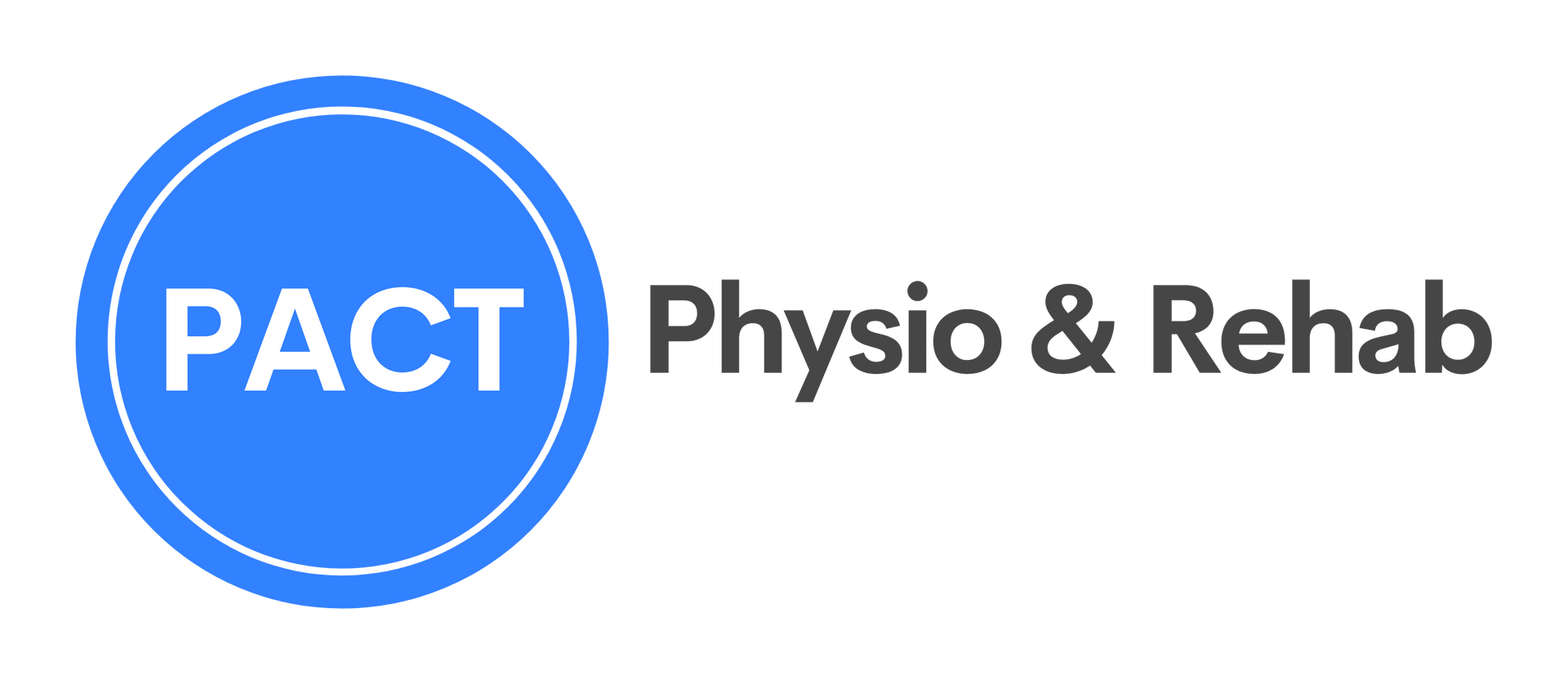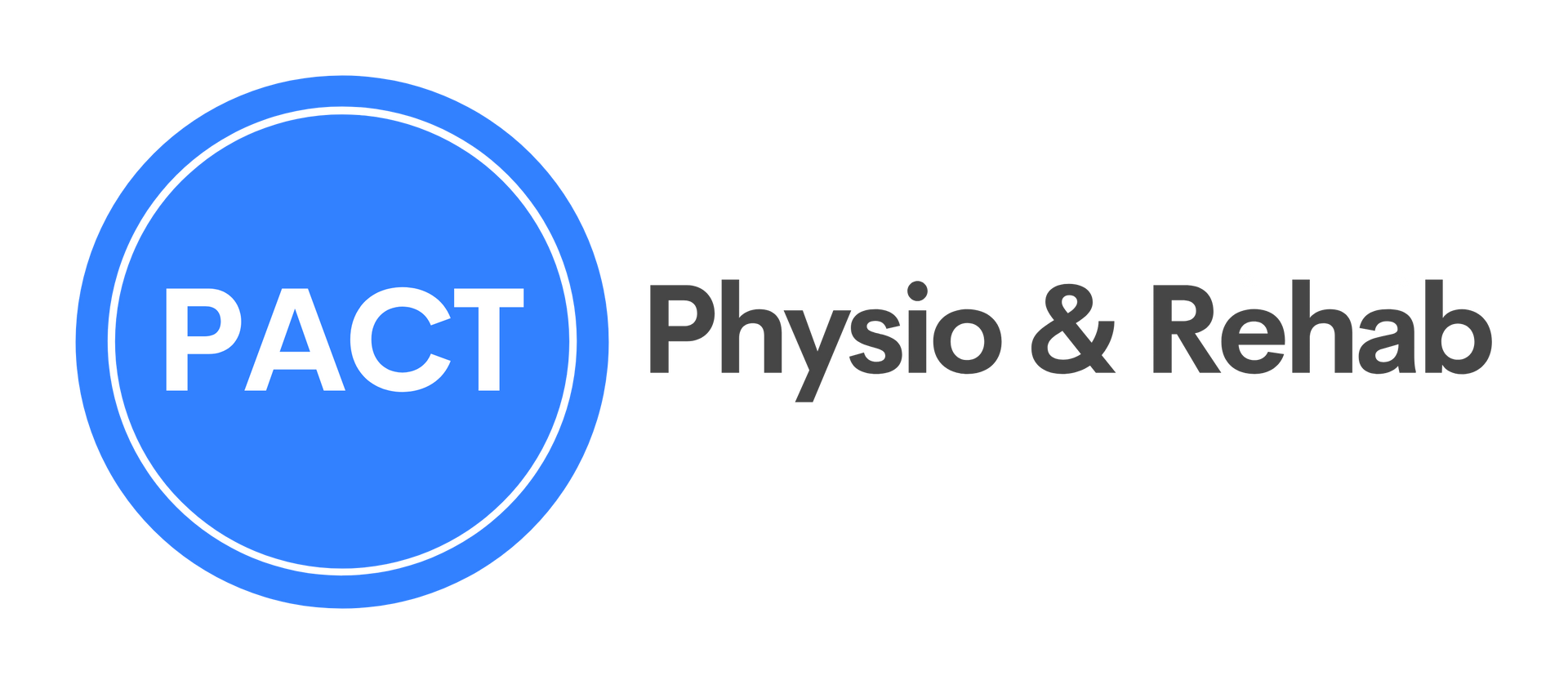Infection Control Policy
Infection Control Policy
June 2025
1. Purpose
The purpose of this policy is to provide clear, evidence-based infection control procedures to protect patients, staff, and the community from the spread of infection in the delivery of physiotherapy and dry needling services, in accordance with AHPRA guidelines.
2. Scope
This policy applies to:
● Registered physiotherapists
● Allied health assistants
● Administrative staff
● Students and observers
● Any contractors or health professionals providing services at PACT Physio
3. Legislative and Regulatory Alignment
This policy aligns with:
● AHPRA's Code of Conduct for Registered Health Practitioners
● The Physiotherapy Board of Australia’s Guidelines for Infection Prevention and Control
● NHMRC Australian Guidelines for the Prevention and Control of Infection in Healthcare (2019)
● Relevant state/territory infection control legislation and public health orders
4. Standard Precautions
All staff must follow Standard Precautions as the primary strategy for infection prevention, including:
● Hand hygiene: Performed before and after patient contact
● Use of PPE: Appropriate to risk (gloves, mask, gown, eyewear)
● Respiratory hygiene and cough etiquette
● Safe disposal of sharps and clinical waste
● Environmental cleaning and disinfection
● Aseptic technique where required
5. Hand Hygiene
● Alcohol-based hand rub (ABHR) must be used before and after every patient interaction, unless hands are visibly soiled.
● Soap and water must be used if hands are visibly dirty.
● Hand hygiene must be performed before donning gloves and after removing them.
● Clinical staff must keep fingernails short, clean, and without nail polish or artificial enhancements.
6. Use of Personal Protective Equipment (PPE)
PPE is used based on risk assessment:
● Situation
● PPE Required
● Dry needling
● Gloves (single-use)
● Contact with blood/body fluids
● Gloves, and possibly apron/goggles
● Risk of splash or aerosol
● Surgical mask and protective eyewear
● Treating unwell patient or during outbreak
● Follow public health guidance
7. Dry Needling Infection Control
● Only sterile, single-use, disposable needles are used.
● Skin must be cleansed with 70% isopropyl alcohol swab and allowed to dry before needle insertion.
● A new pair of non-sterile gloves is worn per patient.
● Needles must be disposed of immediately after use in an approved sharps container.
● Sharps containers must be:
● Clearly labelled
● Secured/mounted
● Replaced when ¾ full
8. Environmental Cleaning and Equipment Disinfection
● Treatment beds and high-touch surfaces cleaned after each patient using TGA-listed disinfectant.
● Shared equipment (e.g., gym balls, resistance bands) disinfected after use.
● Cleaning logs maintained for:
● Treatment areas (after each use)
● Bathrooms and shared spaces (daily)
9. Waste Management
● Sharps disposed of in approved sharps containers.
● Clinical waste (used swabs, gloves) disposed in yellow biohazard bags/bins.
● General waste disposed in lined bins.
10. Staff Health and Immunisation
● All staff are expected to:
● Stay home if they exhibit symptoms of communicable illness
● Notify management of any infectious disease diagnosis
● Staff with open wounds must cover them with waterproof dressings.
11. Patient Screening
● Patients are asked to defer appointments if they have:
● Fever, cough, or flu-like symptoms
● Gastrointestinal symptoms
● Recent exposure to contagious diseases (e.g., COVID-19)
● Hand sanitiser provided at entry points.
● Masks may be required based on public health advice.
12. Training and Induction
● Infection control training is part of staff induction.
● Ongoing training is conducted annually or when policy updates occur.
● Compliance is monitored by the Clinic Manager.
13. Incident Reporting and Exposure Management
● All needle stick injuries or exposure to blood/body fluids must be reported immediately.
● Staff must complete an incident report form.
● Post-exposure management follows AHPRA and NHMRC protocols (including referral to medical care).
14. Audit and Review
● This policy is reviewed annually or upon changes in health regulations.
● Infection control audits may be conducted periodically to ensure compliance.

